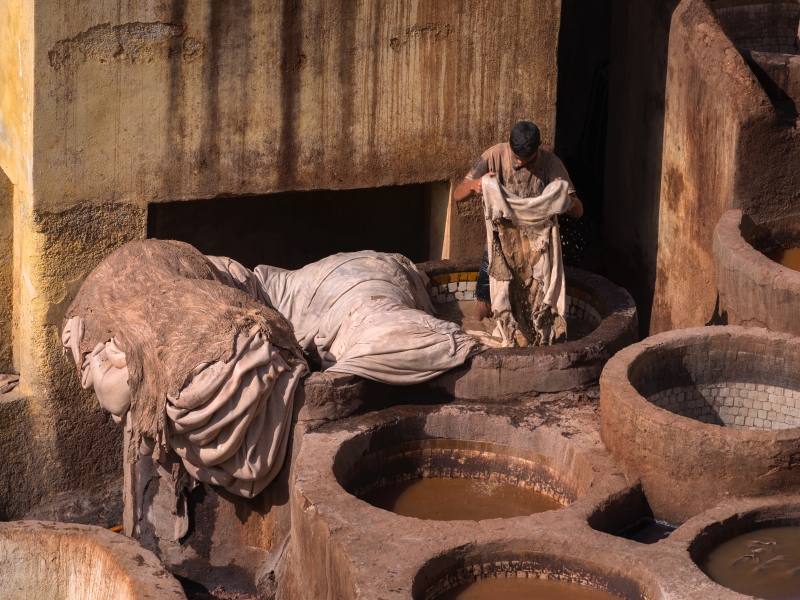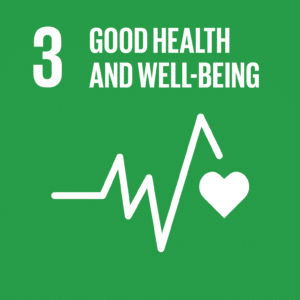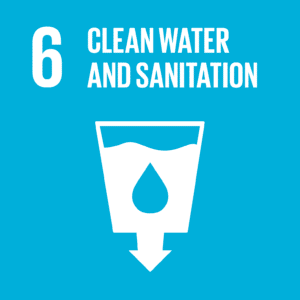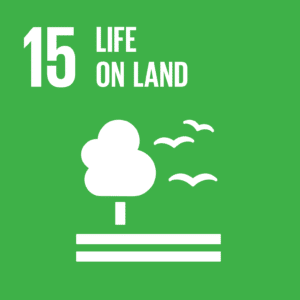Re-use wastewater for irrigation in water-scarce areas

Identifying opportunities to improve wastewater quality
The largest tanneries are located in the Indian city of Kanpur and discharge a huge amount of contaminated wastewater. After passing through a wastewater treatment plant, this water is released in a canal which is used by small-scale farmers to irrigate 2,000 hectares of rice and wheat crops.
The farmers have reported odour and other contamination-related problems, including complaints of ill health. A recent study in this region has also revealed significant heavy metal pollution of agricultural lands, ls, with several hotspots identified.
Determining sustainable methods to make wastewater safe for irrigation
In water-scarce areas, using wastewater to increase the availability of water for irrigation is an important measure for climate change adaptation. The wastewater reuse scheme in Kanpur is currently not adequate. Realising a system which is truly fit-for-purpose starts with identifying the opportunities for improving wastewater quality.
This can be done through better purification, the introduction of adequate water quality monitoring and safety measures and, when necessary, solving soil and groundwater contamination problems by remediation techniques. These actions should be complemented with a campaign to increase public awareness and promote cooperation between stakeholders.
Protocols will be developed, and capacities enhanced, for the diagnostics and monitoring of old soil and groundwater pollution due to the use of partially treated wastewater for irrigation, and its impacts on farmland and health.
The outcomes and findings, for determining sustainable and efficient methods to make wastewater safe for irrigation, will be widely shared.
Do you want to know more about this project?







